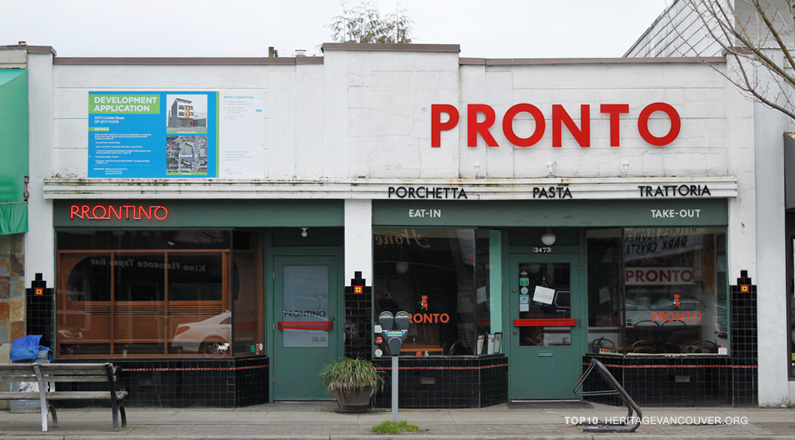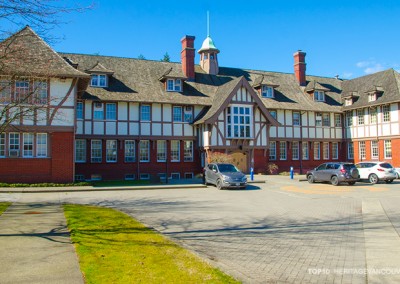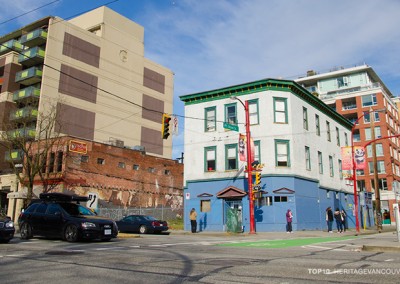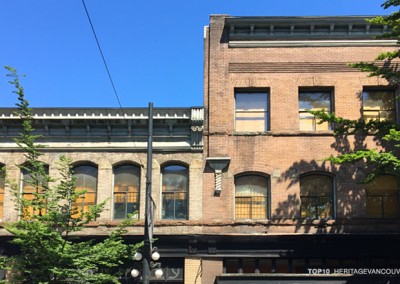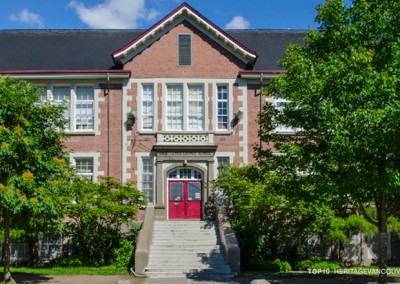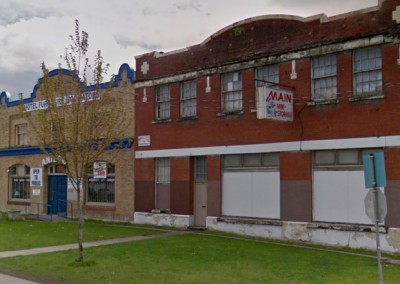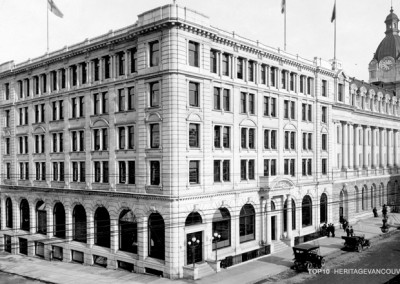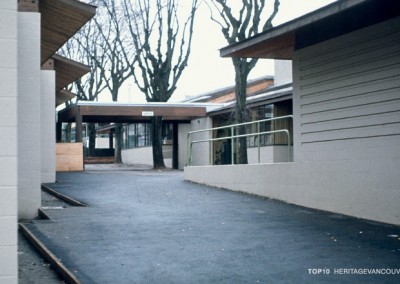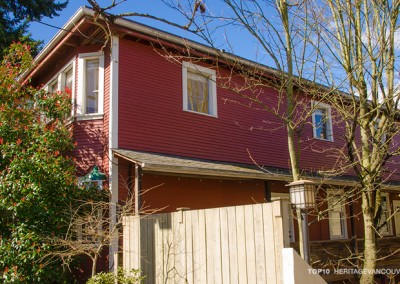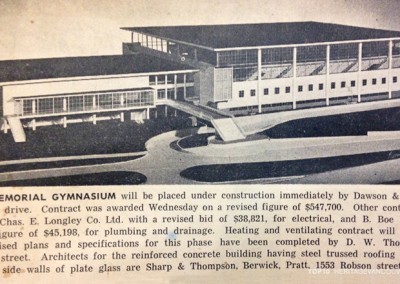The end of mom and pop stores?
Many neighbourhood businesses have come to mean more to residents than simply being commercial outlets. They can be significant social spaces – much loved gathering spots, staffed with friendly people who are as much a part of the community as those who live there. Merchant-customer relationships can span decades and be as important as any other life connection. All the while, the shopkeepers provide goods and services for our daily needs.
The term “legacy business” is sometimes used to describe commercial operations that become neighbourhood landmarks.
Threat
Vancouver neighborhoods are currently experiencing a rapid loss of non-chain store businesses that have strong community ties. Dramatically escalating rents, and upzoning (a change in zoning to allow for higher buildings than what was previously allowed) of commercial high streets, among other factors, have forced a number of businesses to shut their doors. The City’s arterial rezoning policies and Rental 100 program target existing commercial areas.
Rapidly-escalating property taxes reflect the development potential of a property rather than what occupies it, which can push existing tenants out. This forces communities to contend with a loss of important neighbourhood identity, social ties and perhaps even disruption of the economy of a neighbourhood commercial area.
While the City of Vancouver is exploring ways to protect neighbourhood businesses, there is currently no framework in place to address their significance or mitigate the threats of closure.
Significance
Neighbourhood businesses contribute greatly to the unique cultural identities of their communities and perform often-overlooked social functions in our lives. As such, these businesses should be seen as more than just economic units that create jobs and provide taxes, but also as cultural resources that are critical to the social fabric, sense of belonging, and living history of our communities.
Applying a values-based approach to heritage, there are a number of ways a business may be meaningful to people that makes them significant. The Rio Theatre, the recently closed Pronto Café, and the Hollywood Theatre are all examples of important social gathering places. But they also have differing values.
The Hollywood is also historically and architecturally significant, and was the oldest family-owned and operated cinema in the country when it closed in May of 2011 after a 75-year run. Architecturally, the building’s glamorous, exotic and streamlined Art Deco features place it on the Vancouver Heritage Register as a “B” listed building. There is now hope that it will re-open as a live act venue.
The Rio occupies a movie house built in 1938, and offers a diverse mix of live events, multidisciplinary art events and film screenings. It is a much-loved and frequented cultural venue, but also a creative business model. Recent significance also includes a successful campaign by the business owner in the theatre’s dispute against the BC Liquor and Control and Licensing Branch, which enabled the venue to serve alcohol during screenings. Currently the theatre owner is waging a crowdfunding campaign to purchase the property and prevent the cinema from being torn down and developed under new zoning introduced with the Grandview Woodlands Neighbourhood Plan. If successful, the acquisition will form a new aspect to the social and economic values of the site.
Pronto Café closed on March 2nd due to the new owner’s plan to demolish the existing one-storey building in favour of a new four-storey structure zoned for by the Cambie Corridor Plan. Pronto represents a wonderful adaptive reuse of a 1938 Streamline Moderne building style. The charming, atmospheric interior gives way to a unique, vintage exterior that provides strong visual interest on the street. The business itself was only seven years old, but in that short time the café formed a deep connection with the neighbourhood and the city beyond. The business was a perfect fit for Cambie Village – the commercial street striving to remain a popular destination for shopping, eating, drinks and cinema (at the nearby Park Theatre).
Not to be overlooked are the less glamorous, but equally vital commercial enterprises. Consider local fishmongers, for instance, or greengrocers, such as Sunrise Market on Powell Street. These businesses may not be aesthetically remarkable, but they serve a vital role in sustaining the daily lives of residents in Chinatown and the Downtown Eastside. These businesses provide daily necessities affordable to the incomes of the area, an atmosphere that is welcoming to the low income and working class communities, and culturally specific goods.
These are just a handful of examples of neighbourhood businesses facing enormous pressure with rising rent prices and changes in zoning, as is occurring on Commercial Drive and Main Street. Many time-honoured establishments are disappearing from our neighbourhoods. These threatened businesses form integral parts of the fabric of their communities.
Position
Neighbourhood businesses are a key component of community living heritage. They present a wide range of characteristics that make them meaningful to people.
Rather than simply viewing businesses as dots on zoning maps, more attention needs to be paid to the characteristics crucial to maintaining a positive human experience and unique community identity.
A values-based approach consistent with best conservation practices needs to be applied to this important part of our cultural landscape.
We encourage the City of Vancouver to:
- View neighbourhood businesses as part of a key element in defining sense of place and supporting community life.
- Promote a values-based approach to assess what values are important and representative of neighourhood character, and use that to assess neighbourhood businesses.
- Engage with residents to identify neighourhood businesses that are fundamental to local placemaking.
- Establish an inventory of significant neighbourhood businesses.
- Continue work on the Legacy Business Study to produce a program for neighbourhood businesses of significance.
- Act on the recommendations in the City of Vancouver report, “Approaches to Protecting Vancouver’s Legacy Businesses,” and identify, devise, and implement appropriate business support tools, incentives and tools for affordable leasing.
Actions
- Let the city know that neighbourhood businesses are important, and that our communities suffer with the loss of these cultural assets that foster a sense of belonging and living history in our communities.
- Comment to the city when existing businesses that are valuable to the community are forced to close or move because of redevelopment.
- Encourage the city to follow up and implement a Legacy Business Study.
- Shop at neighbourhood businesses that are important to you and that you do not wish to lose.
